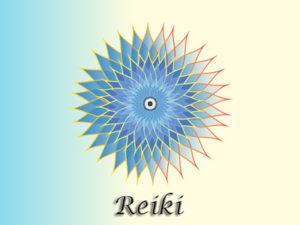Reiki is a useful stress reduction and relaxation technique that passes the subtle energy from one being to another for well-being. Reiki has a meaning called “universal life energy”. This stress management technology helps in promoting relaxation among the lung cancer patients. It encourages healing and provides them comfort. It is a vital alternative therapy for lung cancer.
How is it performed?
The trainers in Reiki therapy tap into the infinite supply of healing energy and transfer it to others by laying their hands or slightly above different areas of body. The practitioner or trainer gently touches the patient with both hands in specific positions. There are various different hand positions and each position lasts for two or five minutes. The sessions generally last for about an hour. It does not require any type of equipment and can be performed lying down.
Reiki and Lung Cancer
Reiki helps to understand the pain and illness in the body. It works to help reduce the pain associated with the progression of the disease. It also helps in reducing the symptoms commonly experienced by cancer patients during their treatment. The responses to Reiki vary from person to person while most of the people experiencing a deep feeling of relaxation. Scientific evidence has also shown that Reiki can minimize the symptoms and improve the quality of life of those suffering from cancer.
Reduce Cancer Symptoms
Many studies have been conducted to explore the effect of Reiki on patients who are undergoing lung cancer treatment. Though Reiki is not a substitute for cancer treatment but helps to enhance a number of benefits. It works to help patients in dealing with the symptoms and stresses of cancer.
This therapy for lung cancer has no side effects of complications associated with it. The sessions help to reduce the anxiety and induce relaxation and balance among the cancer patients. There have been many scientific evidence and various positive reports that show how Reiki benefitted the patients.
What are your views about practicing Reiki? Share with us in the comments.
The information offered in this blog is for educational purposes only. It is certainly not a substitute for medical advice.

